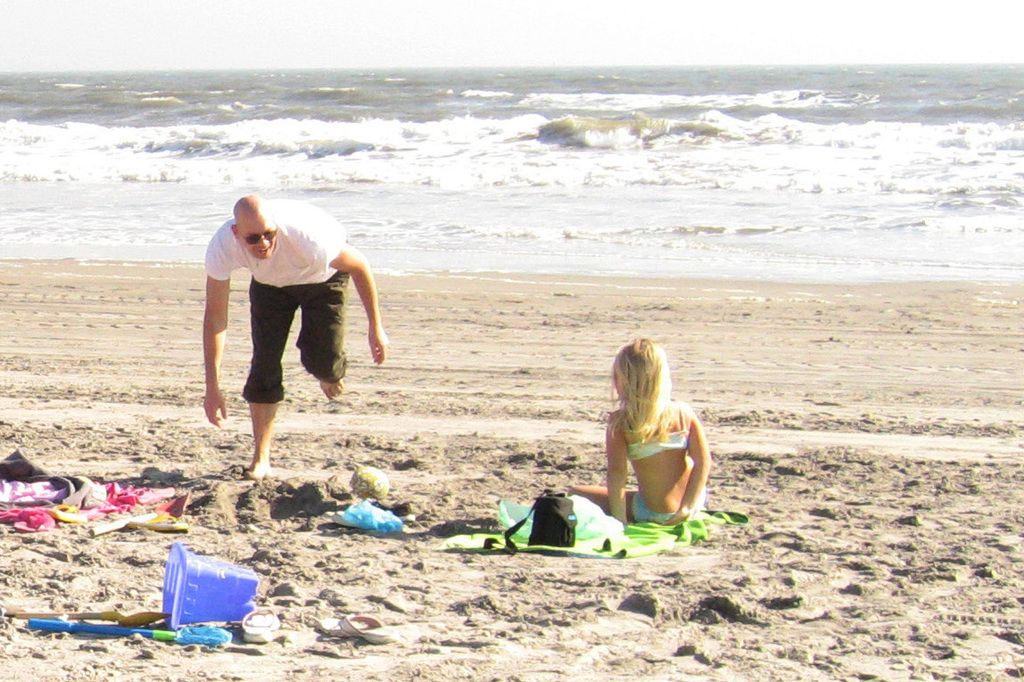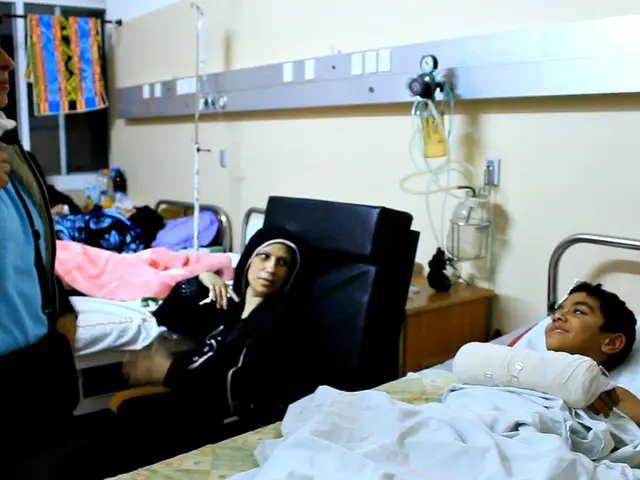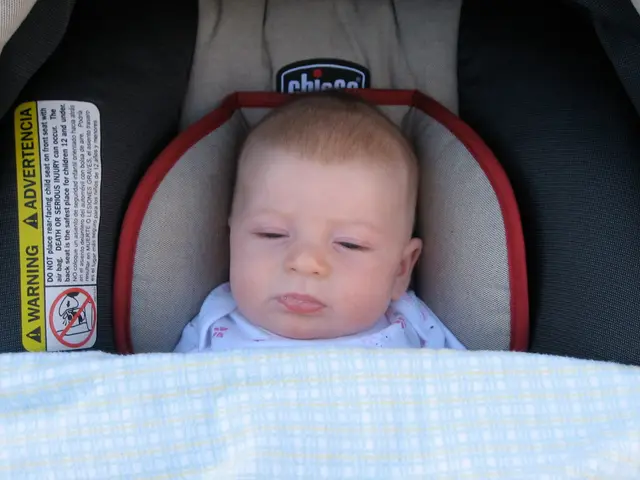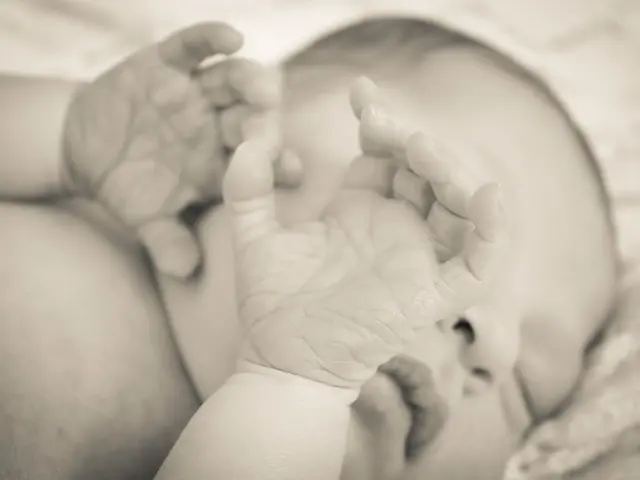Keeping Families Together: The JVA Zweibrücken's Forward-Thinking Approach to Child Welfare
Plans for prisons include accommodation for incarcerated mothers, prioritizing closeness over division. - Cohesion rather than segregation - Prison proposes mother-child detention facilities
The JVA Zweibrücken is taking a bold step by planning to construct a new building that will allow mothers to stay with their young children during their incarceration. According to JVA director, Jürgen Buchholz, the focus is squarely on the kids.
The project, slated to commence in 2027, will include five cells capable of housing a mother and up to two infants. As of now, the prison does not have such accommodations.
This initiative is centered around babies under 12 months old. Buchholz explains, "By the time they're two or three, they're eager for playtime and socializing, which isn't feasible in closed detention."
The mothers' shared accommodations are contingent upon approval from the youth welfare office. Buchholz notes, "The sentence duration must be manageable, and the child should be out of the prison by their first birthday."
Currently, JVA offers assistance to mothers with children, but lacks shared living facilities. Discussions for a post-12-month offer are underway, although specifics are yet to be finalized.
The proposed facility will also cater to inmates from both Rhineland-Palatinate and the Saarland, as the regions share a penal system. Additionally, the building will house a section for social therapy, which is currently in the planning stages.
- Child Welfare
- Prison
- Mothers
- Focus
- Zweibrücken
- Buchholz
- Accommodation
- Family Ties
- Child Development
- Rhineland-Palatinate
- Saarland
Allowing mothers to stay with their young children during their incarceration can bring about significant emotional and psychological benefits. Preserving the mother-child bond reduces stress for both parties, potentially leading to improved mental health outcomes for mothers and reduced recidivism rates.
Simultaneously, a child's presence can contribute to their own development. A stable and nurturing environment provided by a mother can foster better social and emotional development.
Furthermore, programs such as these offer opportunities for parenting classes and rehabilitation, helping mothers become more capable caregivers upon release.
However, implementing and maintaining such programs can pose logistical challenges and safety concerns. Resources, including specialized facilities and trained staff, are needed, and ensuring the safety of both mothers and children within a prison environment can be challenging.
Long-term impact must also be considered. While these programs offer short-term benefits, long-term support and resources are crucial to ensure mothers and children can thrive outside of prison.
The JVA Zweibrücken's plan to accommodate mothers and their young children requires further details about its design and implementation to fully understand its benefits and challenges.
- The community policy at JVA Zweibrücken prioritizes family health and wellness, focusing particularly on mental health and parenting, as part of their new building project, which includes accommodations for mothers and their young children, aiming to preserve the mother-child bond for improved mental health outcomes and reduced recidivism rates.
- Science suggests that a child's presence during a mother's incarceration can contribute to their own development, fostering better social and emotional development, while also offering opportunities for vocational training through parenting classes and rehabilitation programs, making mothers more capable caregivers upon release.
- Implementing and maintaining such programs, however, requires resources, including specialized facilities, trained staff, and long-term support and resources to ensure the success of mothers and children post-release, addressing logistical challenges and safety concerns within the prison environment.








